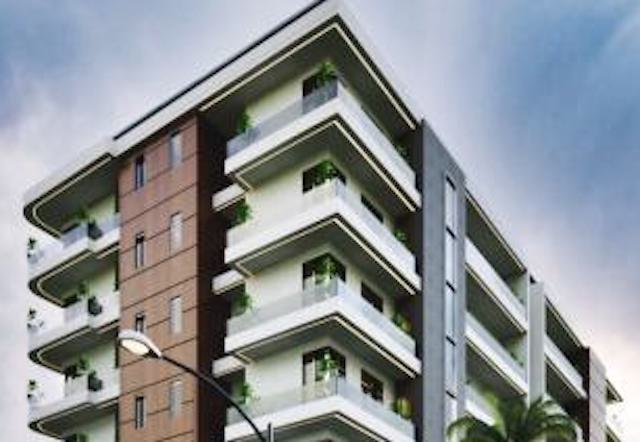Rental prices for luxury apartments in Lagos have climbed sharply, with prime two-bedroom units now commanding as much as ₦38 million a year, according to the latest Nigeria Real Estate Market Review (H1 2025) by property firm Northcourt.
The report shows sustained growth across the high-end market over the past 18 months. One-bedroom luxury flats are being sold for about ₦180 million, while three-bedroom apartments in Old Ikoyi range from ₦700 million to ₦1.2 billion. At the upper end, penthouses are valued at up to ₦8 billion.
Northcourt attributed the surge to strong demand from diaspora investors, high-net-worth individuals, and expatriates who prioritise exclusivity, comfort, and smart-home features in gated communities. “Rental and sale prices have continued to increase, with demand particularly strong in developments offering advanced security, sustainability features, and spacious layouts,” the report stated.
Developers are responding to this demand with large-scale projects. Quantum Properties is currently building Quantum Luxury Towers and Metropolitan Towers on Ozumba Mbadiwe Street, Victoria Island. The 28-storey Metropolitan Towers, designed by XBD Collective and built by El-Alan Construction, will feature 27 residential floors, a basement, and rooftop levels. Quantum Luxury Towers is expected to be completed by December 2027, with SVA Architects and CKR Consulting Engineers leading the design team.
The report also highlighted wider market dynamics, noting that Nigeria’s luxury real estate sector is projected to grow to $4.34 trillion by 2029. However, homelessness, lack of property rights, and limited access to financing continue to weigh on broader housing development.
On the hospitality side, Nigeria remains Sub-Saharan Africa’s largest hotel development market, with 7,281 rooms in 47 hotels under development 2,868 of which are already under construction. Upcoming projects include the Radisson Blu Hotel in Abuja and the Marriott Executive Apartments in Lagos, reflecting continued investor confidence in premium business lodging.
Northcourt noted that urbanisation, corporate activity, and increased domestic travel continue to underpin both real estate and hospitality investments, despite economic headwinds.




